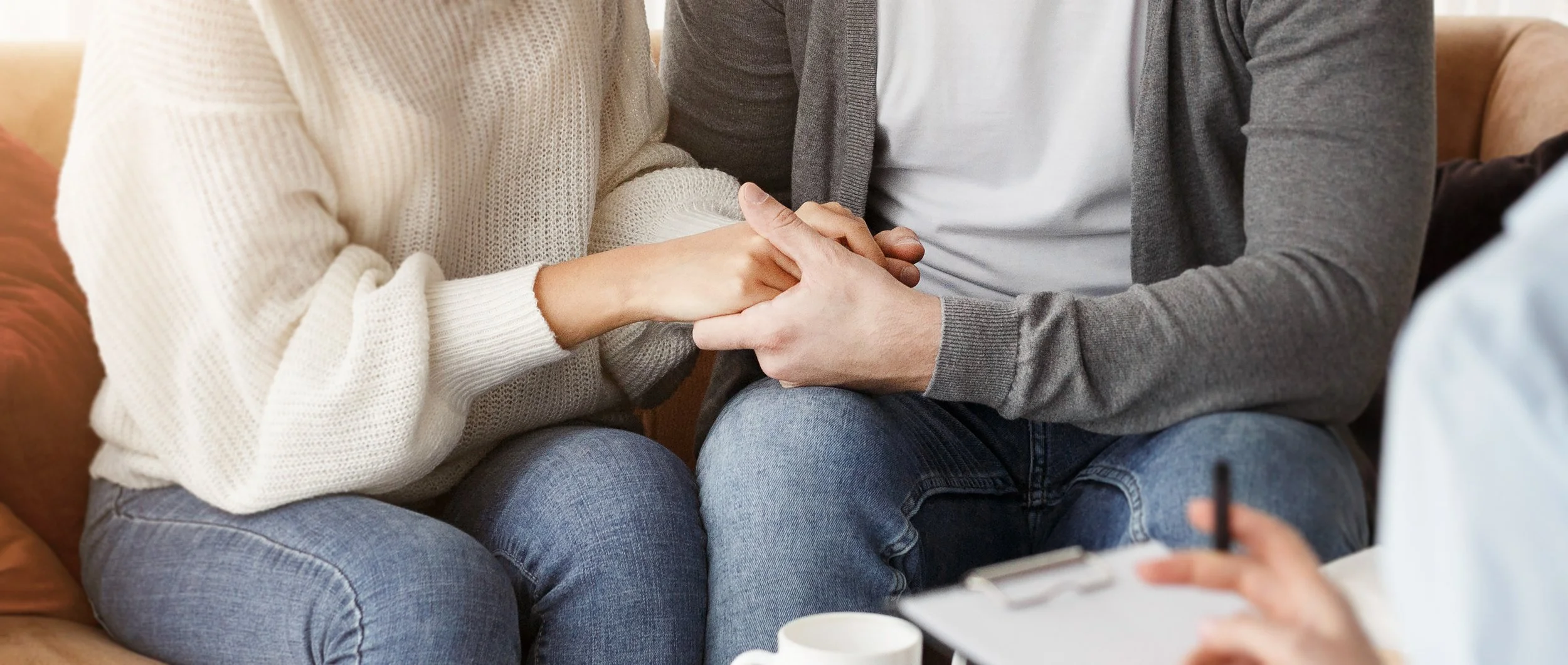What to Expect at Your First Couples Therapy Session
Sarah and Mike have been going through challenges with their sex life. Sarah knows it is time for the intervention of a therapist and has booked a therapy session with one of the best therapists in town.
However, Mike, on the other hand, out of his fear of not knowing what to expect, thinks a session with a therapist is unnecessary and continues to argue his cause with Sarah, who was trying to make him see a reason to take the bold step.
Most couples are like Mike. They find it hard to summon the courage to book a couples therapy session even when they know things are not going well in their relationships. This is usually due to a few reasons, such as the fear of judgment and doubt about efficacy.
Regardless, going for a therapy session is a sign of strength that shows you care about your relationship, not a sign of weakness as most couples see it.
This guide discusses what to expect before and during your first couples therapy session and prepares you for a memorable experience with your therapist.
Before The Therapist
Finding the Right Therapist
While it is a great move to go for a therapy session, it is equally important to look for the right therapist who specializes in couple therapy. Your choice of therapist will have a great influence on your experience when you finally visit.
When looking for a therapist, ensure they practice the right couple therapy approach that resonates with your pain point. The common therapy approaches include the Gottman method and emotionally focused therapy. It is best you discuss this with your therapist before booking a session with them for a better understanding of what to expect.
Paperwork and Logistics
When booking a therapy session, your therapist will offer you an intake form to provide the necessary information about you and your partner. This form gives your therapist an idea of the right approach for your session.
Professional therapists, like Rouse Relational Wellness, also provide their clients with a confidentiality form. This non-disclosure agreement form prohibits your therapist from sharing sensitive information about you with unauthorized parties.
Once these are out of the way, your therapist will discuss their fees, scheduling, and cancellation policies with you. Ensure you ask the right questions if there is anything you don't understand about any of their policies.
Identify Your Goal
Finally, discuss your goal with your therapist. Making them understand what you aim to achieve with the session will ensure you and your therapist are in the same phase during your session.
During the Session
Now that you are sitting face to face with your therapist, here are ideas of what your experience will be at your first couples therapy session:
Setting the Stage
The first thing your therapist does is to create an environment that you and your partner find comfortable in expressing yourself. A professional therapist knows you are nervous since it is your first visit, and it is their role to make you feel at ease discussing your challenges in the relationship with them.
They start by introducing themselves and reading out the ground rules.
Sharing Your Story
Once the introductory phase is over, the therapist lets you and your partner introduce yourself, after which you share your story and your perspectives about your relationship's challenges.
During this phase, it makes sense to be open and have honest communication with your therapist, as this is what will guide them to counsel you. Shun the urge to hide anything when sharing your version of what is going on in the relationship. Remember, you are not there for judgment but to find a way out.
Exploring the Dynamics
After sharing your story with your therapist, it is time for them to come in.
They start by asking a few questions, such as how you and your partner communicate, your approaches to conflicts, and other underlying issues you might be experiencing in the relationship. Again, you want to be honest with your response to their questions.
Ending the Session
Based on your response to the questions asked, your therapist will discuss with you where to make amendments and what to continue in the relationship. You are also allowed to ask questions if anything seems unclear to you and you need some clarification.
The therapist brings the session to a close by giving you homework and rescheduling another session if necessary.
After The Session
Reflecting on the Experience
Once you are out of the therapist's office, you and your partner should discuss your experience with the session. What have you learned? What did you notice? Did anything surprise you?
Discussing your experience with your partner will spark a great sense of discovery of what you both have not been paying attention to before the session.
Continuing the Conversation
Based on what you have learned from the therapy session, it is time to continue the conversation. Reflect on what you have discussed with your therapist and the direction they have provided, and work on them.
For example, if your goal is to improve your sex life and your therapist has counseled you to communicate your sexual needs, make efforts to practice new communication skills and engage in activities that foster a deeper connection.
Managing Expectation
Pay attention to your new experience with your partner, and notice if you are making any progress toward achieving your goal after the session.
You might seem not to have made significant progress a few days after the session, but don't give up. Continue putting in the work, and with time, you will achieve your goal.
Note that changes take time and hard work, and therapy is a process, not a quick fix.
Conclusion
Going for a therapy session can be challenging and only takes courage, but it is the right step in the right direction. Couples who take the bold step to attend a therapy session always experience great improvements in their relationships.
However, it is important to note that the first couple therapy session is the first step of the journey. Achieving a stronger, fulfilling relationship takes hard work and consistency. By contributing your quota to improving your relationship based on your experience at your first couple therapy session, you will achieve your goal and build a happier relationship.
Do you need a couples therapist in San Francisco? Book a consult call with us at Rouse Relational Wellness today.
You also want to share this guide so your loved ones can learn from it and check these five questions to ask before starting couples therapy.


